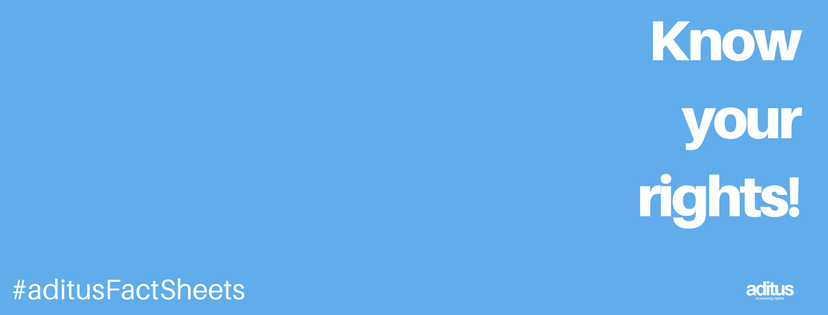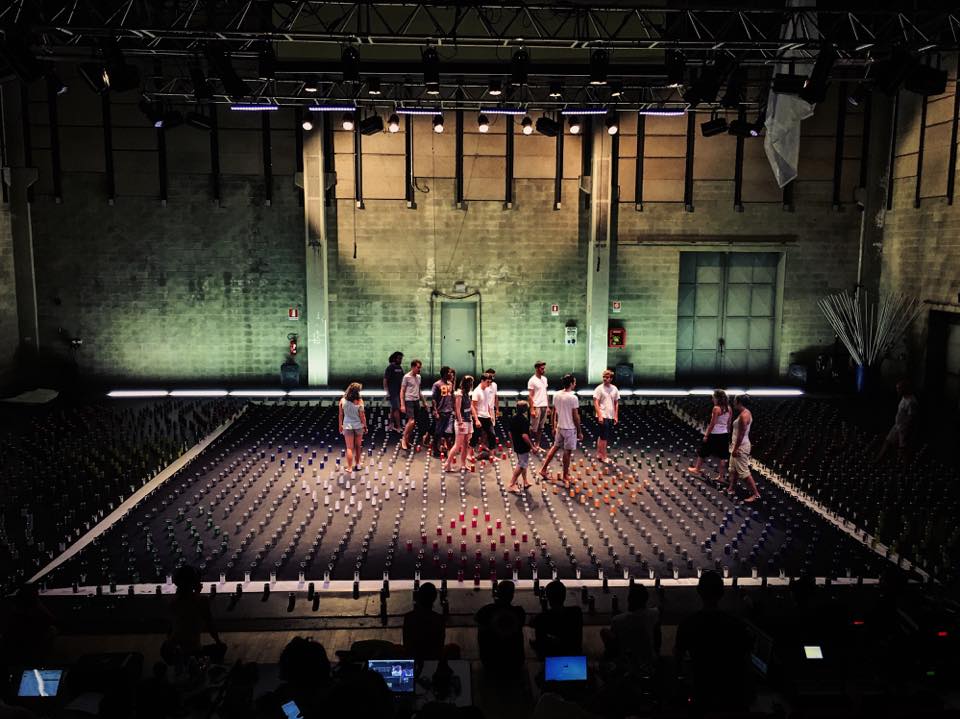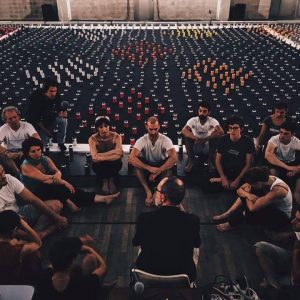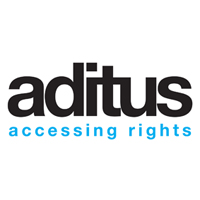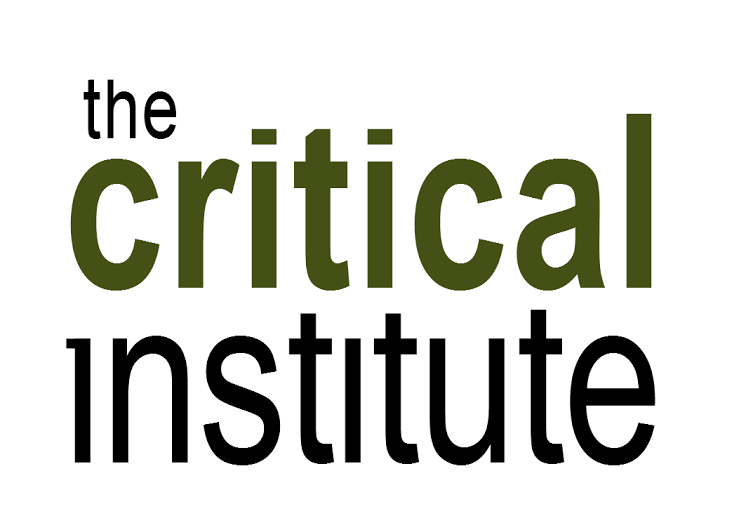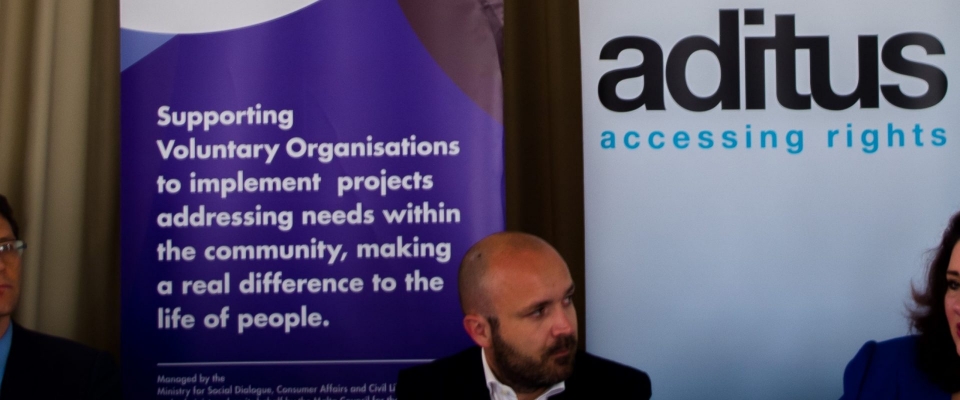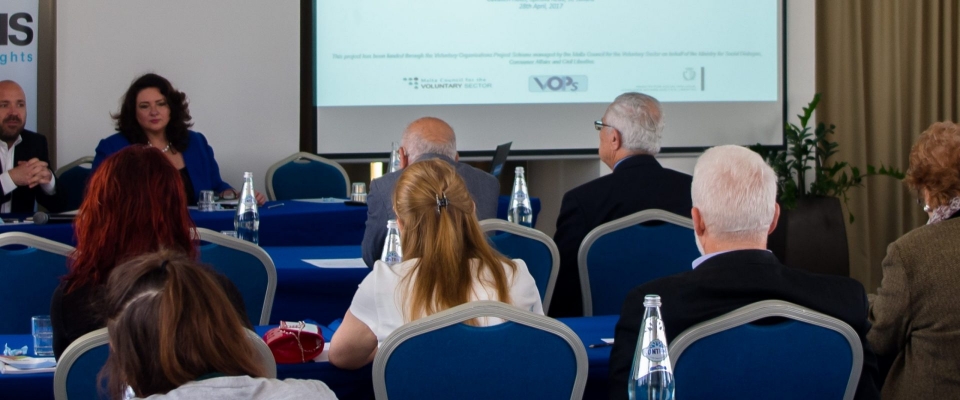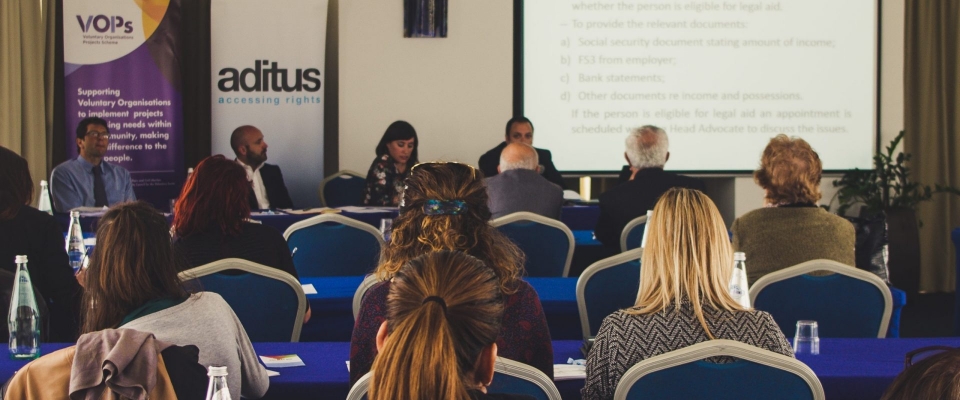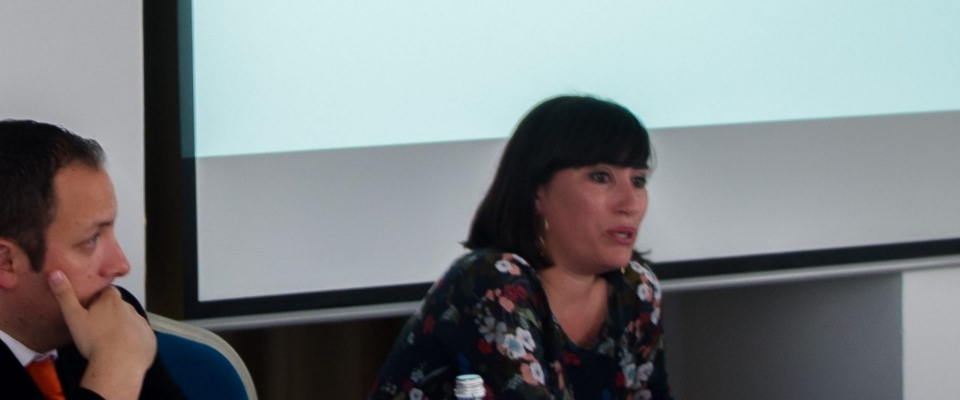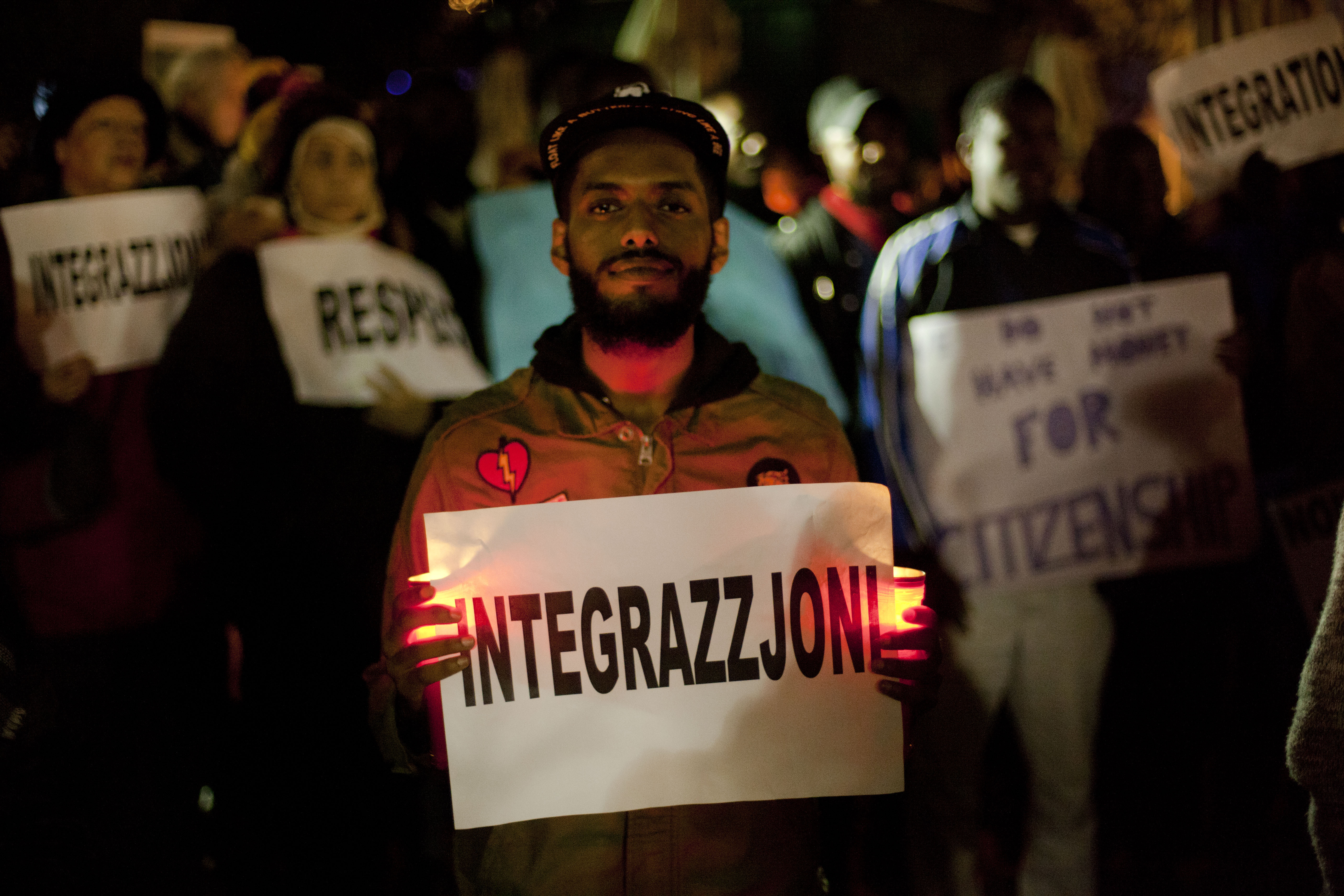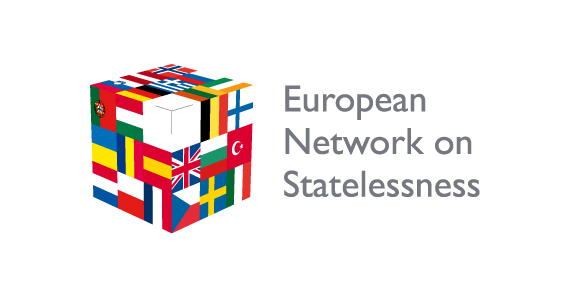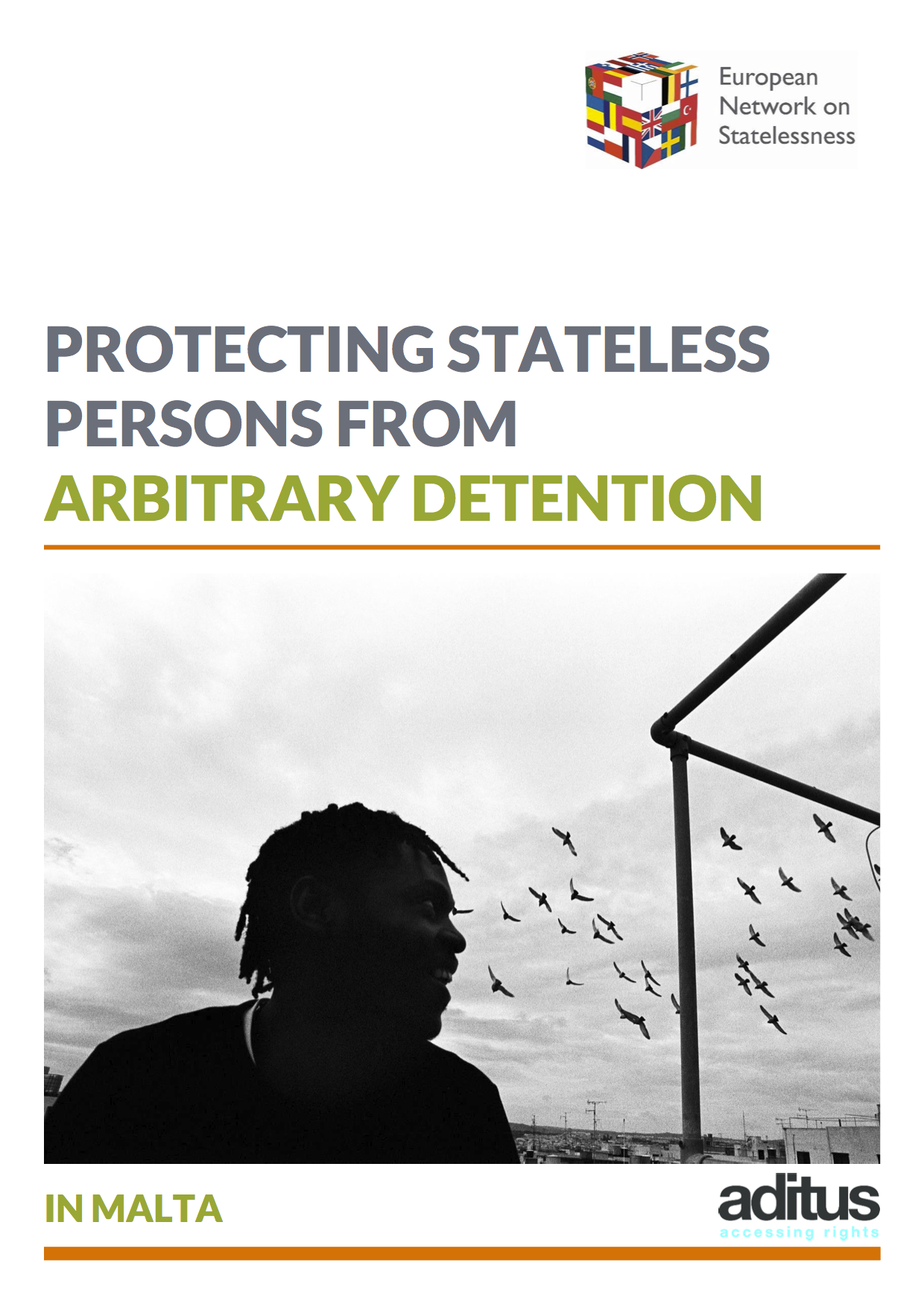Recently, we’ve been requested by the Immigration Law Practitioners’ Association* (ILPA) to provide specific information about various elements of Malta’s asylum system.
*ILPA is a UK-based organisation aiming to promote and improve the advising and representation of immigrants, to provide information on domestic and European immigration, asylum and nationality law and finally to secure a non-racist, non-sexist, just and equitable system of immigration refugee and nationality law practice.
In 2017, ILPA started a pilot project aiming at sending volunteer experienced UK immigration and asylum lawyers to Greece to support refugees and Greek lawyers on-site. The lawyers sent to Greece are focusing on the initial stages of cases: preparing statements, advising on evidence and applications for family reunion.
So as to ensure a more effective implementation, ILPA asked several lawyers and/or organisations in Europe to provide detailed information about the specificities of national asylum systems, to help the lawyers in Greece with their work. This information is particularly useful for those asylum-seekers who might be relocated to Malta, and for those who – having family members present in Malta – might applying for family reunification under the Dublin III Regulation.
Acting in solidarity with our British and Greek colleagues, we are very committed to this project and have been developing several thematic Fact Sheets that cover essential elements of Malta’s asylum process.
We started developing #aditusFactSheets in our ATLAS project, since we understand that the starting point to securing human rights is knowledge of their existence and of the steps needed to enjoy them.
Topics covered include the asylum procedure, rights of beneficiaries of international protection, long-term residence status, Malta’s court system (civil and criminal), equality bodies, etc.
Our Know your rights! initiative is now in full swing, and we’ve churned out a number of useful, accessible and user-friendly documents that are not limited to asylum or migration.
All our #aditusFactSheets are publicly available on the Know your rights! page.
Please go ahead and download them…if you’d like to suggest further topics, don’t hesitate to get in touch with us!

